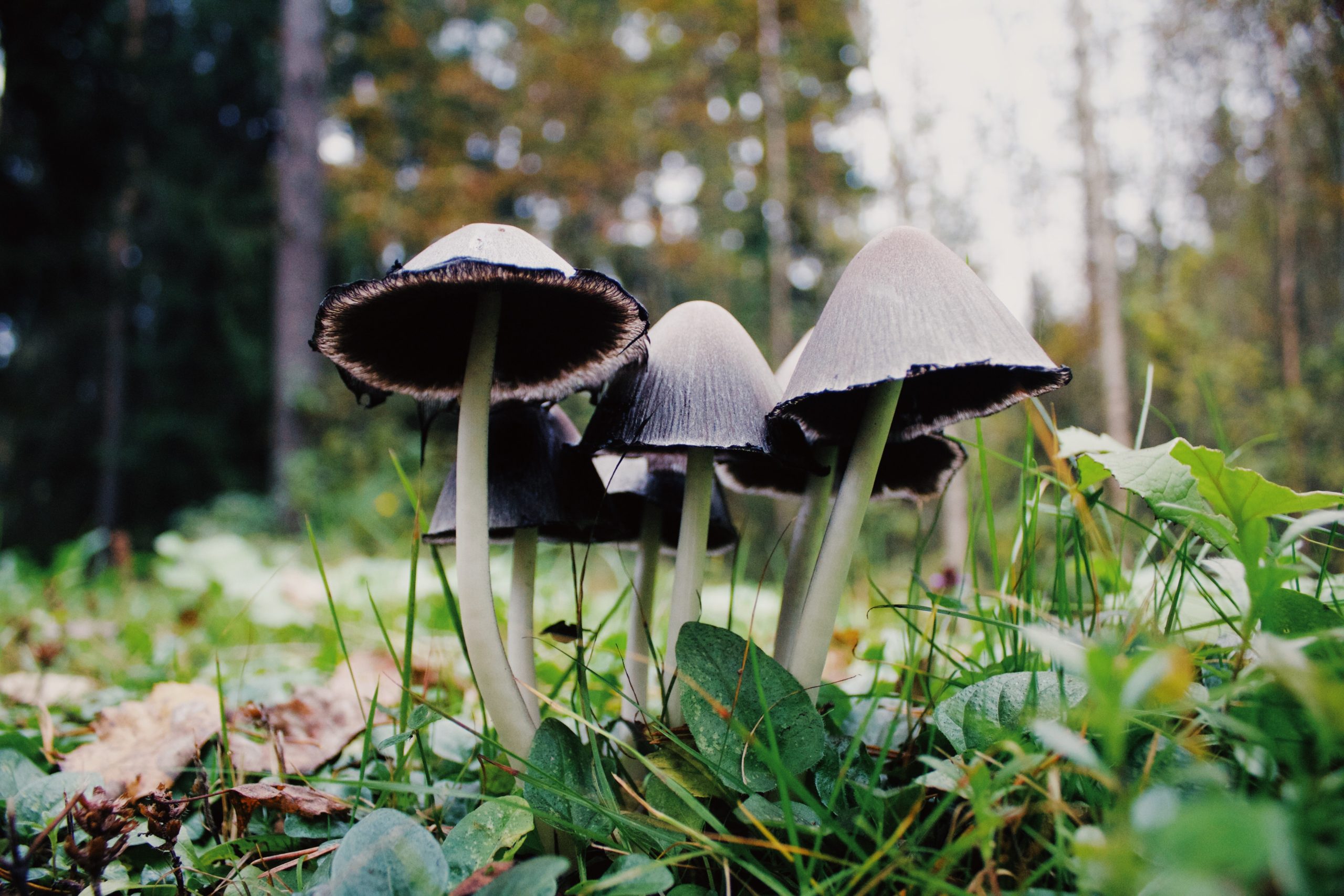State of the World’s Plants and Fungi Report reveals solutions to our global challenges

Today, our biosphere is facing a significant threat. Rates of deforestation have climbed higher than ever before as we continue to clear land to feed our growing population. Global emissions are rising and transforming our climate system, and a growing number of new pathogens damage our crops and health. Biodiversity is being depleted on a local, regional and global scale.
We still have some way to go in understanding the full potential of our biodiversity, more specifically plants and fungi, and the critical role in our ecosystems. Now it is the time to explore the solutions they can offer in tackling the challenges our society faces. While new species are being discovered, others move towards extinction. Responsible investigations into natural products will help us understand and identify the useful features of plants and fungi that can be applied in fighting new diseases and the associated challenges facing our planet.
Published by the Royal Botanic Kew Gardens, the state of the world’s plant and fungi report focuses on the knowledge gaps in this area and reveals the existing and potential benefits of fungi and plants for our planet. Based on expert research from institutions worldwide, the report intends to inform us of the possible solutions we have to the challenges we are facing. This is the first time the report has combined plant and fungi into a singular study, highlighting their relationship and joint benefits. The State of the Worlds Plants and Fungi report warns that two in five of the Worlds plants are in danger of extinction.
As only a fraction of plant and fungi species have been within the International Union for Conservation of Nature’s Red List criteria, scientists from Kew applied AI techniques to determine important assessment areas and statistical analysis to understand sampling bias. The scientists heading the study have urged that identifying, describing and naming a species as a critical task if we intend to conserve and protect plants and fungi for the future.
In the last year, botanists and mycologists worldwide identified over 1,900 new species of vascular plants on the International Plant Names Index and over 1,800 new fungi on the Index Fungorum. The report highlights the potential for future food and medicine sources that are yet to be recognised. Humans depend on a relatively limited range of plants specific for food production, approximately 400 food crops out of a potential 7000 edible plants. This limited dependence raises risk diets being affected by climate and other disease-related impacts.
Plants and fungi are a critical part of our habitats and ecosystems, yet they are often ignored. This report emphasises the importance of these groups and the need to conserve these species to support our global ecosystems and address some of the main challenges we currently face.
The fourth state of the World’s report takes a closer look at our global plant and fungal kingdoms. Plants and fungi are critical building blocks of life on our Earth. They can solve vital issues that threaten human life, yet many of these sources are being eradicated by biodiversity loss.
Professor Alexandre Antonelli, Director of Science at RBG Kew explains that the latest data from the report shows a world that has essentially disregarded the potential of plants and fungi in addressing the global issues we face in regards to food, security and climate change. Professor Antonelli highlights that for too long now we have depended on too few species, emphasising at a time when we are experiencing rapid biodiversity loss, we continue to fail in accessing the mass of diversity on offer and the opportunity in front of us.
As we enter one of the most vital decades of our time, the hope is that this report will provide the public, businesses and policymakers with the information required to deliver nature-based solutions capable of addressing climate change, biodiversity loss and food security. The report identifies the knowledge gaps concerning biodiversity in the UK and UK Overseas Territories. New findings suggest that despite being one of the most studied regions, the UK lacks a single agreed list for its regional flowering plants. Current research shows there are just over 9,000 vascular plants, of which over 3,000 are native. But other data shows different recordings. In the case of fungi, the data is even more unreliable, with estimates of fungi counts in the UK ranging from 12,000 to 20,000.
With climate change and loss of habitat continues to threaten plans and fungi in the UK, researchers believe these knowledge gaps could be a significant challenge for conservation in the UK, as it’s difficult to protect something that isn’t recorded or recognised.